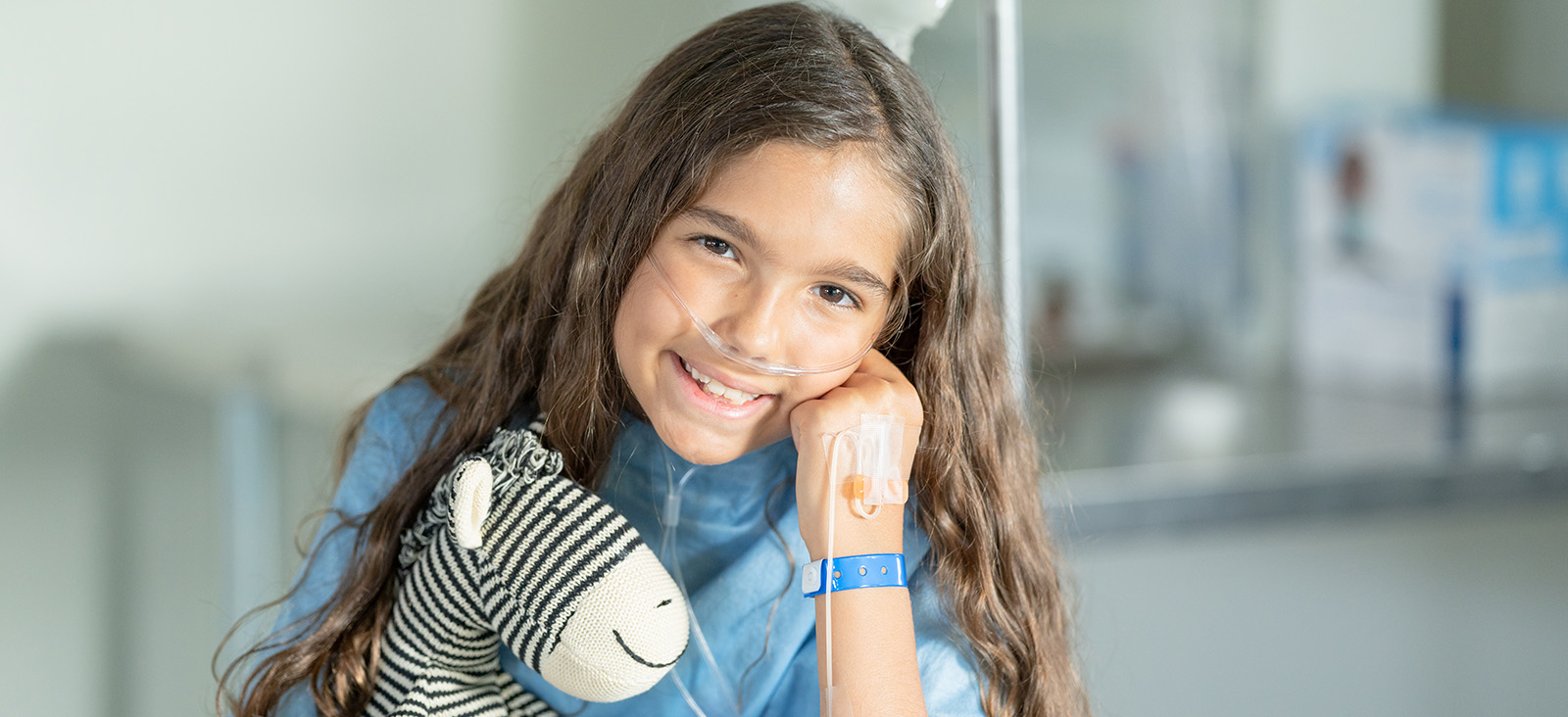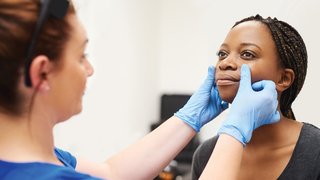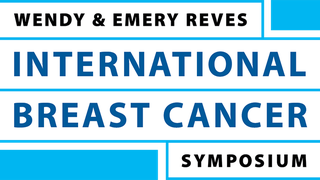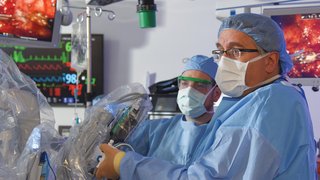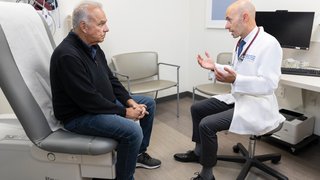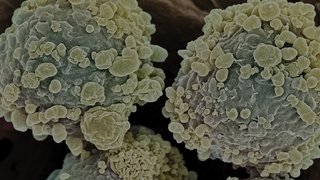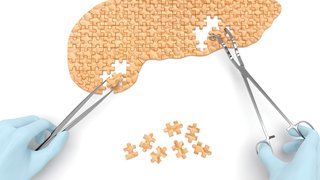Lifelong Care for Pediatric Cancer Survivors
November 16, 2023
Two Locations for Accessing Care
Patients can access the adult ACE survivorship clinic at two locations: UT Southwestern’s Moncrief Cancer Institute in Fort Worth or UT Southwestern’s main campus in Dallas.
The After Cancer Experience (ACE) Program builds a solid foundation for long-term surveillance and treatment.
More than 80% of children treated for cancer will survive long term. However, monitoring short- and long-term sequelae is an ongoing challenge.
“By the age of 27, nearly one in three childhood cancer survivors will develop at least one comorbidity or chronic condition, such as subsequent malignancies, heart failure, cardiomyopathy, stroke, hormone deficiencies, tumors like meningiomas, or neurological issues,” says Daniel Bowers, M.D., Professor of Pediatrics at UT Southwestern, Medical Director of Pediatric Neuro-Oncology at Children’s Health, and Medical Director of the After Cancer Experience (ACE) Program.
The ACE Program, a partnership between UT Southwestern Harold C. Simmons Comprehensive Cancer Center and Children’s Health, aims to address the unique and substantial needs of childhood cancer survivors following completion of therapy through adulthood.
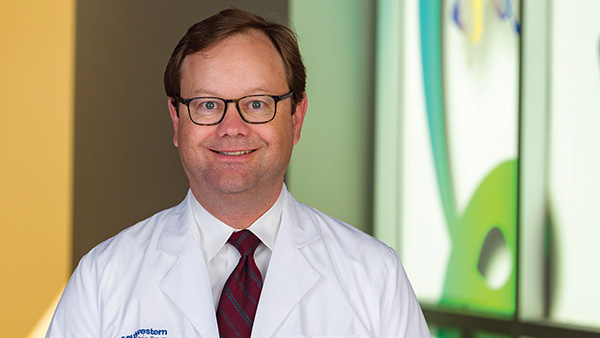
The After Cancer Experience (ACE) Program builds a solid foundation for long-term surveillance and treatment.
More than 80% of children treated for cancer will survive long term. However, monitoring short- and long-term sequelae is an ongoing challenge.
“By the age of 27, nearly one in three childhood cancer survivors will develop at least one comorbidity or chronic condition, such as subsequent malignancies, heart failure, cardiomyopathy, stroke, hormone deficiencies, tumors like meningiomas, or neurological issues,” says Daniel Bowers, M.D., Professor of Pediatrics at UT Southwestern, Medical Director of Pediatric Neuro-Oncology at Children’s Health, and Medical Director of the After Cancer Experience (ACE) Program.
The ACE Program, a partnership between UT Southwestern Harold C. Simmons Comprehensive Cancer Center and Children’s Health, aims to address the unique and substantial needs of childhood cancer survivors following completion of therapy through adulthood.
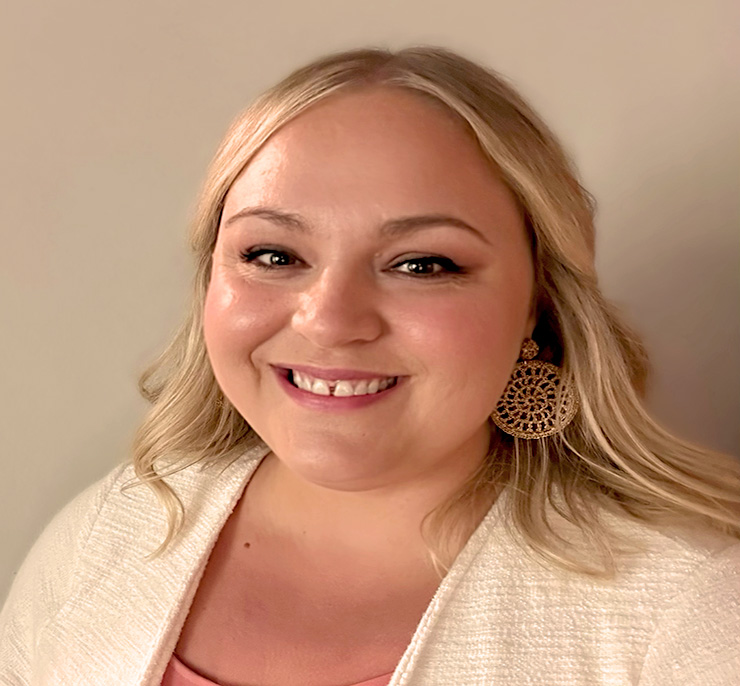
Personalized Pediatric Cancer Survivorship Care
As part of its long-term follow-up care model, the ACE Program offers personalized survivorship care; holistic, evidence-supported, risk-based evaluations and assessments of support needs; smooth referrals when necessary; seamless transitioning to adult care; communication with primary care providers; and ongoing support from the ACE team even after patients transition to adult care.
Rebecca Eary, D.O., M.P.H., Assistant Professor of Family and Community Medicine at UT Southwestern, directs the Adult Survivorship Program for Simmons Cancer Center.
“We’re screening for subsequent cancers, cardiac disease, and more, plus providing referrals for integrative behavioral health and psycho-oncology and promoting preventive health habits,” Dr. Eary says.
Dr. Eary’s group offers a 40- to 60-minute survivorship-focused visit to discuss the patient’s risk level for long-term effects of prior cancer treatment, reduction of modifiable risks, and recommended medical tests. Screening for psychological support and special needs is also conducted at every visit.
The treatment summary that emerges becomes part of the patient’s record. Dr. Eary says that without this, primary care physicians would likely not have these screenings on their radar.
Continued ACE Care or Warm Handoff
Patients may elect to have just one visit, with the resulting history transferred to another primary care physician, or they may choose to continue with Dr. Eary or her colleagues as their primary care and survivorship physicians.
The ACE screening recommendations are modeled on long-term follow-up care guidelines from the Children’s Oncology Group, a National Cancer Institute-supported clinical trials group. Depending on the specifics of the patient’s cancer treatment – including type, agents, dosage, and treatment site – surveillance may prompt evidence-based screenings, such as annual echocardiograms and earlier mammography or breast MRIs, colonoscopies, or chest imaging.
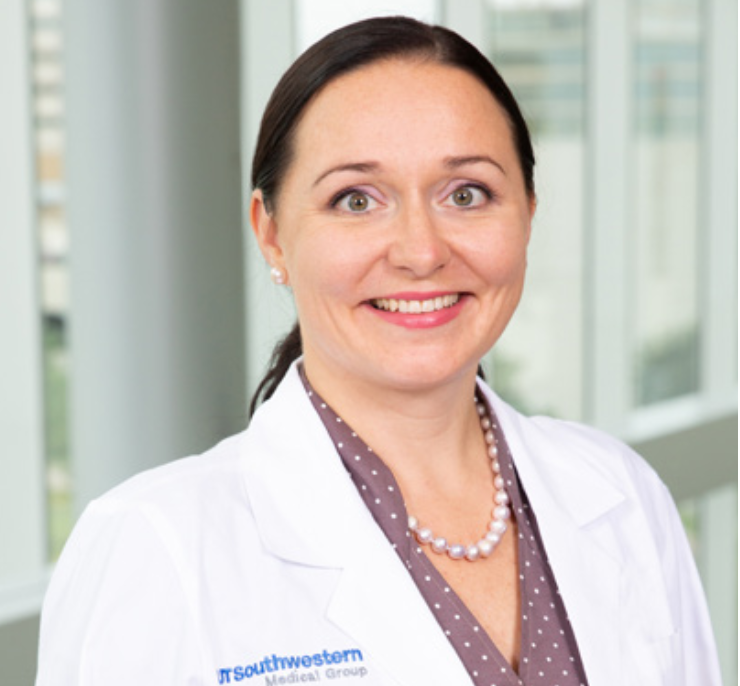
Reproductive Preservation Talks Start Early
The ACE Program provides patient education and options for fertility preservation from the beginning of treatment.
“We start our journey of discussing risks of infertility early on, even at the time of diagnosis,” says Ksenya Shliakhtsitsava, M.D., M.A.S., a pediatric oncologist and Assistant Professor of Pediatrics who leads the team’s fertility preservation efforts.
Dr. Shliakhtsitsava talks with patients about their infertility risks and options, which include harvesting and freezing eggs or sperm. For female patients, an ovary may also be frozen and banked, and for young male patients, a section of testicular tissue may be frozen. Restoring fertility via reimplantation of this tissue is still considered experimental in the United States, but Dr. Shliakhtsitsava hopes to see it approved by the time current patients reach adulthood.
At Children’s Health, survivors can enroll in clinical trials through the Children’s Oncology Group, which is investigating the role of healthy habits like exercise in preventing disease. Children’s Health is also an original member of the Childhood Cancer Survivor Study expansion cohort, contributing robust data on birth defects and reproductive risks.
Through her research, Dr. Shliakhtsitsava is assessing patient knowledge of reproductive risk and designing interventions to improve patient education and access to care.
Partnering with the Simmons Cancer Center Cardio-Oncology Clinic, her team contributes its growing body of data to an ongoing translational quality improvement initiative.
“We are continually applying what we learn to systematically improve outcomes, raise cure rates, improve quality of survivorship, and provide a better overall experience for our patients and families,” she says.
Daniel Bowers, M.D., is a Professor of Pediatrics in the Division of Hematology and Oncology at UT Southwestern. He is Medical Director of Pediatric Neuro-Oncology at Children’s Health and Medical Director of the After Cancer Experience Program for childhood cancer survivors. He is a member of the Experimental Therapeutics Research Program at Simmons Cancer Center.
Rebecca Eary, D.O., M.P.H., is an Assistant Professor of Family and Community Medicine at UT Southwestern and Director of the Adult Survivorship Program. She is an affiliate member of the Population Science and Cancer Control Research Program at Simmons Cancer Center.
Ksenya Shliakhtsitsava, M.D., M.A.S., is an Assistant Professor of Pediatrics, Division of Pediatric Hematology and Oncology. She is also a Dedman Family Scholar in Clinical Care. She leads the oncofertility program at Children’s Health and is part of the survivorship team. Dr. Shliakhtsitsava is an affiliate member of the Population Science and Cancer Control Research Program at Simmons Cancer Center.
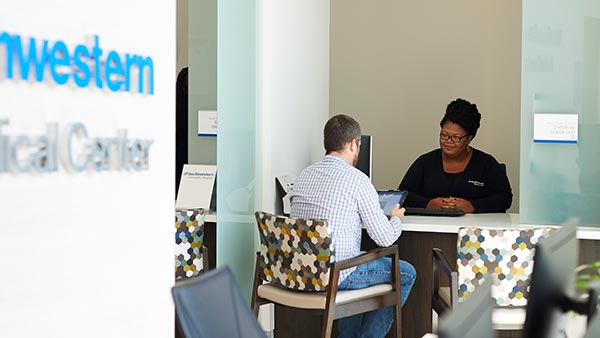
Make a Referral
To refer a patient to UT Southwestern Medical Center, call 214-645-4673. Visit here for more information.

